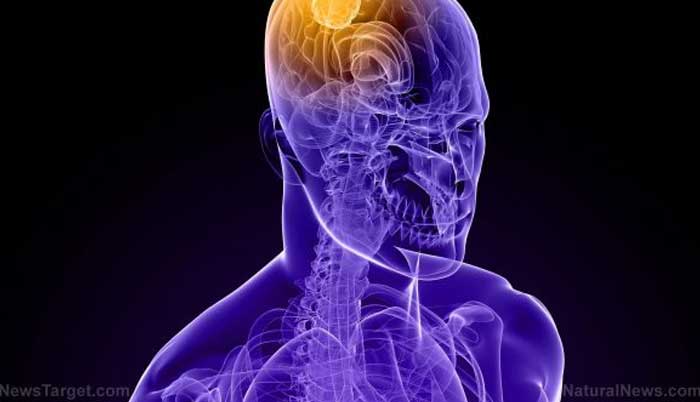![]() Home > Health
Home > Health
A Flavonoid Found In Guava And Osage Orange Has Antioxidant Properties That Can Reduce Inflammation And Improve “Neurological Deficits”

![]() January 22nd, 2018 | 09:52 AM |
January 22nd, 2018 | 09:52 AM | ![]() 1126 views
1126 views
NATURALNEWS.COM
A study carried out by a team of researchers from Binzhou City Central Hospital and the Harbin Medical University in China discovered that the flavonoid morin, which is found in guava and Osage orange, contained antioxidant properties that can lessen inflammation and improve neurological deficits in cerebral ischemia patients.
In the study, the research team blocked the middle cerebral artery of their mouse models to induce focal cerebral ischemia, which is the reduction of blood flow to the brain. They then gave the mouse models 30 milligrams per kilogram (mg/kg) of morin for seven days. Morin is a natural flavonoid ingredient found in a wide variety of Chinese medicinal plants that is said to possess anti-inflammatory and antioxidant properties. Previous research reported its beneficial effects in Parkinson’s disease model.
The findings of the study, published in the African Journal of Traditional, Complementary and Alternative Medicines, showed that morin treatments provided beneficial effects in the reduction of focal cerebral ischemia. Rats that were administered with morin significantly weakened their neurological deficits and reinstated brain motor activities. These neurological deficits, as defined, include abnormal reflexes, inability to speak, reduced sensation, loss of balance, mental function issues, vision changes, walking problems, and weakness of the arms or legs. Furthermore, inflammation was reduced, and the antioxidant levels increased in rats that were treated with morin.
“Based on the preclinical results Morin may be a suitable clinical molecule for the amelioration of array of brain ischemic conditions as a result of oxidative damage,” the researchers wrote.
In conclusion, the researchers found that morin provided beneficial effects on cerebral ischemia assault as it mitigates oxidative stress, prevents apoptosis, and reduces inflammation. Its neuroprotective effects may be used as a powerful agent in the treatment of ischemic stroke.
What is cerebral ischemia?
Cerebral ischemia, also known as brain ischemia, is a type of stroke that develops when there is insufficient blood flow in the brain to meet metabolic needs, which results to limited oxygen supply or cerebral hypoxia. There is a blockage in an artery that supplies blood to the brain. This in turn cause death of brain tissue, cerebral infarction, or ischemic stroke.
Cerebral ischemia has two kinds — focal and global ischemia. Focal cerebral ischemia is confined to a certain part of the brain and occurs when a blood clot has blocked a cerebral vessel. With this, blood flow is reduced to the affected brain part, which increases the risk of cell death in the area. It can either be a result of thrombosis or embolism. On the other hand, global cerebral ischemia occurs when blood flow to wide regions of the brain is stopped or reduced. Cardiac arrest typically triggers this type of brain ischemia.
The main symptoms of brain ischemia include impaired vision, body movement, and speech, unconsciousness, blindness, problems with coordination, and weakness in the body. Meanwhile, the main risk factors for cerebral ischemia are circulatory problems because they raise the risk of clots or fatty deposits. These conditions include high blood pressure, atherosclerosis, high cholesterol, atrial fibrillation, prior heart attack, sickle cell anemia, clotting disorders, and congenital heart defects. A person who smokes, drinks excessive amounts of alcohol, uses cocaine or methamphetamines, is overweight, or has diabetes is at risk of developing cerebral ischemia.
Source:
courtesy of NATURALNEWS
by Michelle Simmons
If you have any stories or news that you would like to share with the global online community, please feel free to share it with us by contacting us directly at [email protected]